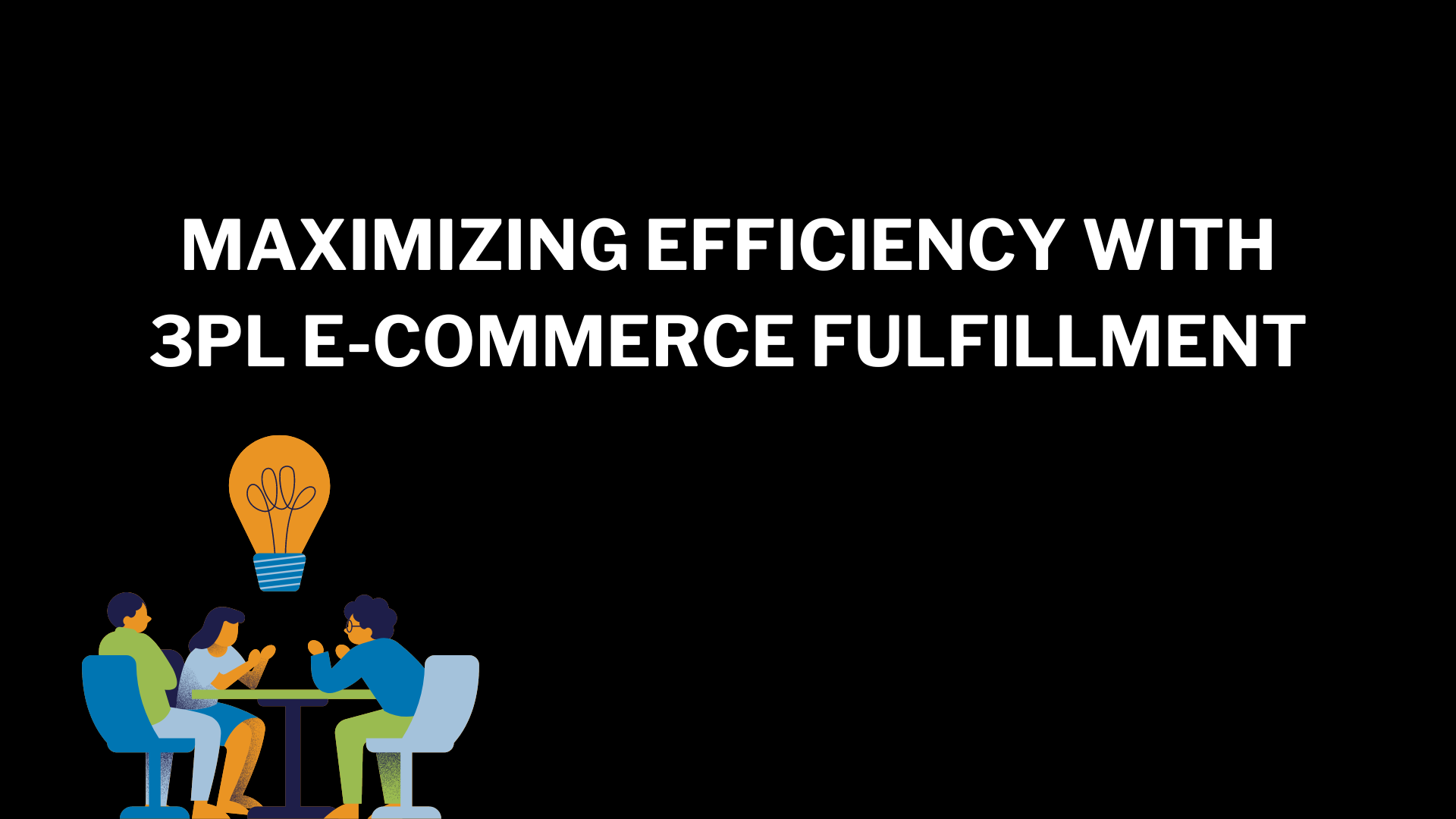In the realm of business management, two acronyms dominate discussions: ERP (Enterprise Resource Planning) and WMS (Warehouse Management System). Both are vital tools for streamlining operations, optimizing resources, and enhancing overall efficiency. However, the question remains: which one is the best fit for your business?
Understanding ERP and WMS:
- ERP (Enterprise Resource Planning):
- ERP systems are comprehensive software solutions designed to integrate and manage core business processes such as finance, human resources, procurement, inventory management, customer relationship management (CRM), and more.
- They offer a centralized database that enables real-time data sharing across departments, facilitating better decision-making and improving overall productivity.
- ERP systems are particularly beneficial for organizations looking to streamline operations across various functions and improve collaboration among departments.
- WMS (Warehouse Management System):
- WMS focuses specifically on managing warehouse operations, including inventory management, order fulfillment, picking, packing, and shipping.
- These systems provide detailed insights into inventory levels, location tracking, and order status, helping businesses optimize warehouse space, reduce errors, and enhance order accuracy and fulfillment efficiency.
- WMS is indispensable for companies with complex warehouse operations, high inventory turnover, and a need for precise inventory control.
Choosing the Right Solution:
- Assess Your Business Needs:
- Start by evaluating your business requirements, including the size and complexity of your operations, current pain points, growth projections, and specific industry challenges.
- Determine whether your primary focus is on streamlining overall business processes (ERP) or optimizing warehouse operations (WMS), or if you require a combination of both functionalities.
- Consider Integration Capabilities:
- If your business already utilizes an ERP system for core processes like finance, HR, and CRM, consider whether it offers built-in WMS functionality or seamless integration with third-party WMS solutions.
- Integration between ERP and WMS ensures smooth data flow across different departments, minimizing silos and enhancing visibility and control over warehouse operations.
- Evaluate Scalability and Flexibility:
- Factor in your business growth plans and scalability requirements. Choose a solution that can adapt and scale alongside your business, accommodating changes in volume, complexity, and operational needs over time.
- Look for ERP and WMS solutions that offer customization options and robust scalability features to meet evolving business demands without compromising performance or efficiency.
- Assess Total Cost of Ownership (TCO):
- Consider not only the initial investment but also ongoing costs such as licensing fees, implementation, training, maintenance, and support.
- Compare the TCO of ERP and WMS solutions, taking into account factors like implementation timelines, software updates, and potential ROI in terms of improved efficiency, productivity, and customer satisfaction.
- Seek Expert Advice:
- Consult with industry experts, software vendors, and peers in your field to gain insights into best practices, potential challenges, and success stories related to ERP and WMS implementations.
- Leverage their expertise to identify the most suitable solution that aligns with your business goals, budget constraints, and long-term vision.
In conclusion, both ERP and WMS are indispensable tools for modern businesses seeking to enhance operational efficiency, streamline processes, and drive growth. The key lies in understanding your unique business needs, evaluating available options, and choosing the solution that best aligns with your goals, resources, and future aspirations. Whether you opt for an all-encompassing ERP system or a specialized WMS solution, investing in the right technology can propel your business towards success in today’s competitive landscape.









